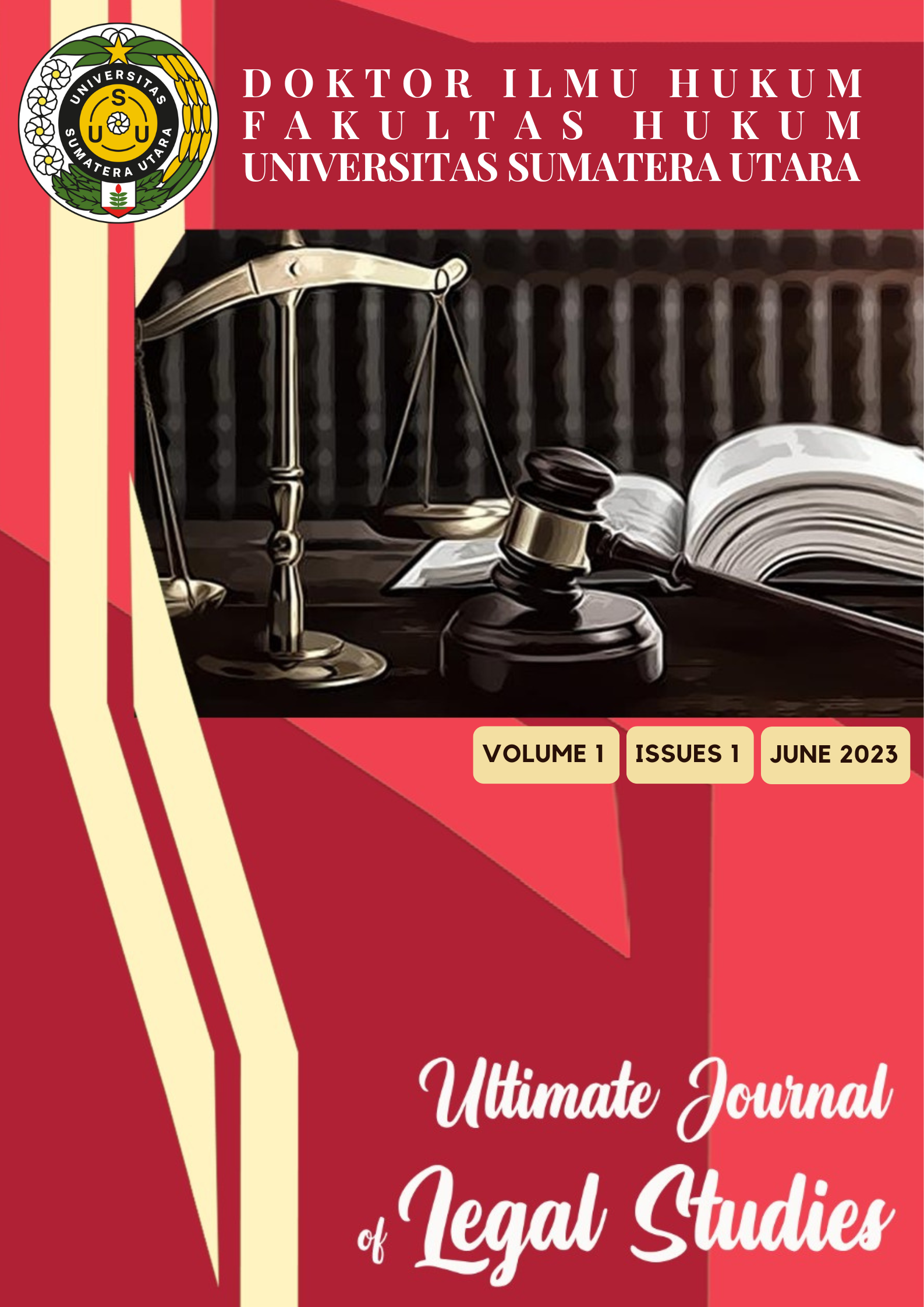Embassy of Foreign Country as Employer Subject to Severance Payment Obligations
DOI:
https://doi.org/10.32734/uljls.v1i1.13017Keywords:
Foreign Embassies; , Obligations; , Payment; , SeveranceAbstract
This research examines the employment agreements between foreign state representatives and local workers that are not related to diplomatic functions and therefore do not enjoy diplomatic immunity. While industrial relations disputes typically arise between workers and company management, there have been instances of labor disputes between workers and foreign state representatives. This creates a connection between Indonesia's legal system and the principle of diplomatic immunity in international law. Despite Indonesia's ratification of the Vienna Conventions of 1961 and 1963 through Law No. 1 of 1982, there is currently no specific national legislation governing privileges and immunities. As a result, labor disputes involving diplomatic immunity are dependent on court judgments. The focus of this research is on the severance payment obligations stipulated in labor laws and the responsibility of foreign embassies as employers in Indonesia to make severance payments. The research methodology employed is normative research with a legislative approach. Through qualitative data analysis, the following conclusions were drawn: First, the existence of pension programs does not automatically negate the right to severance pay that workers should receive upon reaching retirement age. Second, the Employment Law is inconsistent in regulating severance payments and pension guarantees as they were initially regulated separately.







